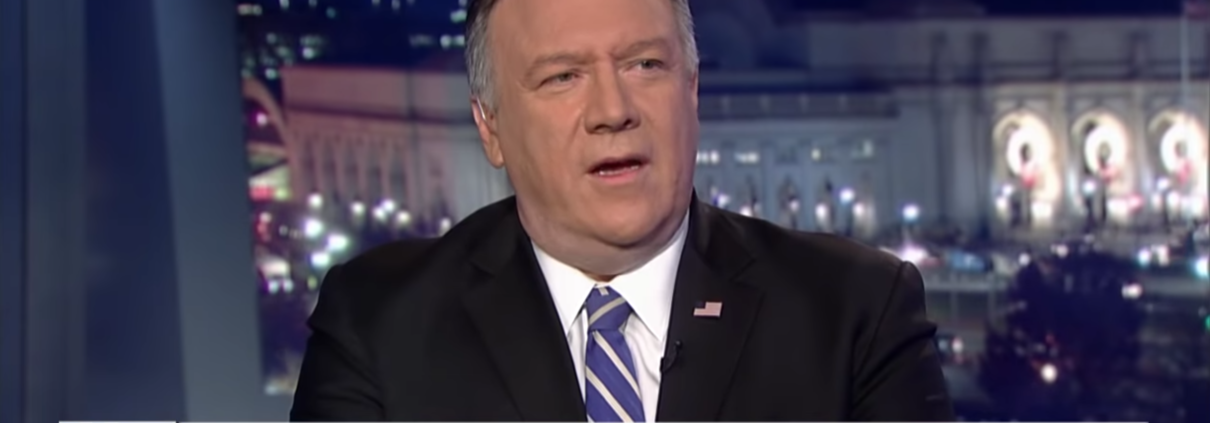Top 3 Tips for Placing Op-Eds

Given the chaotic news cycle, placing an effective op-ed is more challenging than ever. DMG has three quick tips to improve the chances of getting your work published at your desired outlet.
#1 — Before putting pen to paper, ask yourself: Is my voice credible on the topic?
If you’re reading this newsletter, chances are you’ve felt that passionate urge to voice your opinion about a news story. The first thing an opinion editor asks when they review a submission is whether the source is credible. Even if you’ve written a beautiful op-ed, you likely won’t get published if you don’t have any professional expertise or credibility on the topic. For example, if you’re authoring an op-ed on a controversial SCOTUS case, your background should be related to the subject of the case in some way — as either an attorney or an activist. The closer you are to the issue you’re writing about, the better the chances are that your work will be published.
#2 — Select an outlet to pitch and know your audience.
If your dream is to be published in the Wall Street Journal, then you should be studying the contents of the WSJ opinion page daily. You need to be familiar with the topics the WSJ covers — and in order to be familiar with those topics, you should be familiar with their audience as well.
#3 — Count your words.
Unless it’s a long-form magazine, most online news sites don’t publish op-eds that exceed 850 words. DMG usually suggests op-ed word counts land somewhere between 750-800 words. Oftentimes opinion editors won’t even consider running a piece if it’s too long.
















